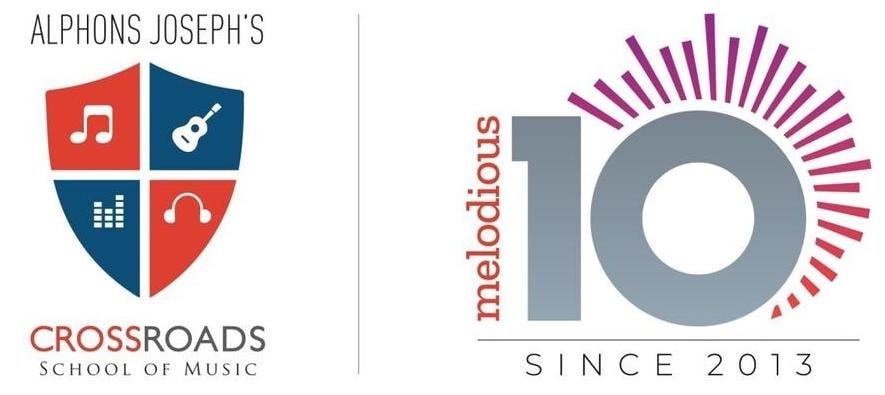Embarking on the journey to redefine music education for preschoolers has been a deeply enriching experience for me at Crossroads School of Music, Kerala. I strongly believe that music education shapes overall development for children. Here’s why parents should consider enrolling their kindergarteners in music classes designed to meet holistic development goals.
10 Benefits of Music Education for Kids
- Cognitive Development: Engaging with music involves decoding musical notes, rhythms, and sequences. This mental workout enhances memory, attention, and problem-solving skills, laying a robust foundation for academic pursuits.
- Emotional Intelligence: Immersing preschoolers in the world of music enables them to understand and convey a nuanced range of emotions, positively influencing their social interactions.
- Discipline and Time Management: Learning to play an instrument or master vocals instills discipline and time management skills, seamlessly transferring to academic pursuits. The commitment to regular practice not only sharpens their musical abilities but also instills the importance of consistency and perseverance.
- Boosting Confidence Through Musical Expression: In the world of music, kindergarteners find a unique platform for self-expression and performance. Standing before an audience to showcase their budding musical skills fosters a sense of self-assurance. This newfound confidence empowers preschoolers in academic settings, encouraging active participation in class discussions, presentations, and other activities.
- Collaborative Skills Through Musical Endeavors: The collaborative nature of music teaches preschoolers the importance of communication, teamwork, and shared responsibility, extending beyond the realm of music to prepare them for group projects, team sports, and other collaborative endeavors in their academic journey and future professional life.
- Spatial-Temporal Skills: Engaging with musical instruments and rhythms enhances spatial-temporal skills, promoting a better understanding of the physical world and aiding in the development of mathematical concepts.
- Language Development: Exposure to music supports language development in kindergarteners, fostering communication skills, expanding vocabulary, and enhancing the ability to comprehend and express thoughts.
- Fine Motor Skills: Playing musical instruments involves intricate movements, contributing to the development of fine motor skills. This enhances coordination and dexterity in children, supporting their overall physical development.
- Cultural Awareness: Introducing young minds to diverse musical genres nurtures cultural awareness. It broadens their perspectives, instilling respect for different traditions and fostering a global mindset.
- Stress Reduction: Music has a calming effect on kids, reducing stress and anxiety. Incorporating musical activities into their routine provides a soothing outlet, promoting emotional well-being.
If the idea of getting your little ones to learn music excites you, book a free counselling call at https://calendly.com/crsm/30min



